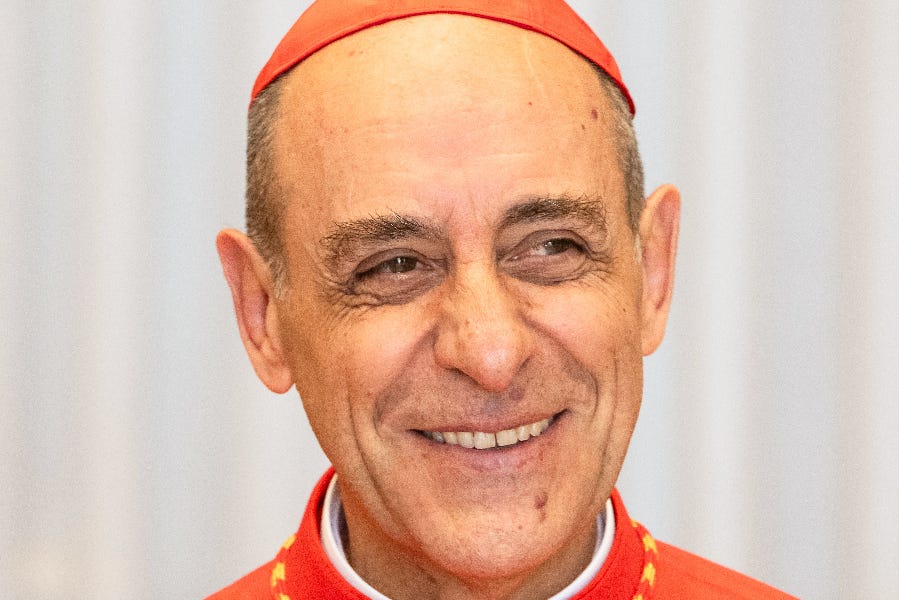Fernandez apologizes for 'misunderstanding' over synod study group fracas
The cardinal said he will meet with synod delegates on questions about women, diaconate, and authority
The prefect of the Vatican’s doctrinal office apologized Friday for a “misunderstanding” over a meeting of the synod on synodality’s special working group on issues related to women and authority in the Church,

“I have …
